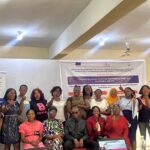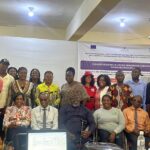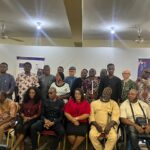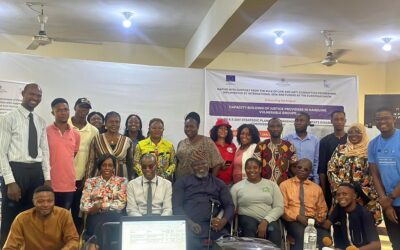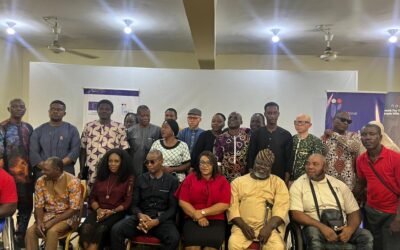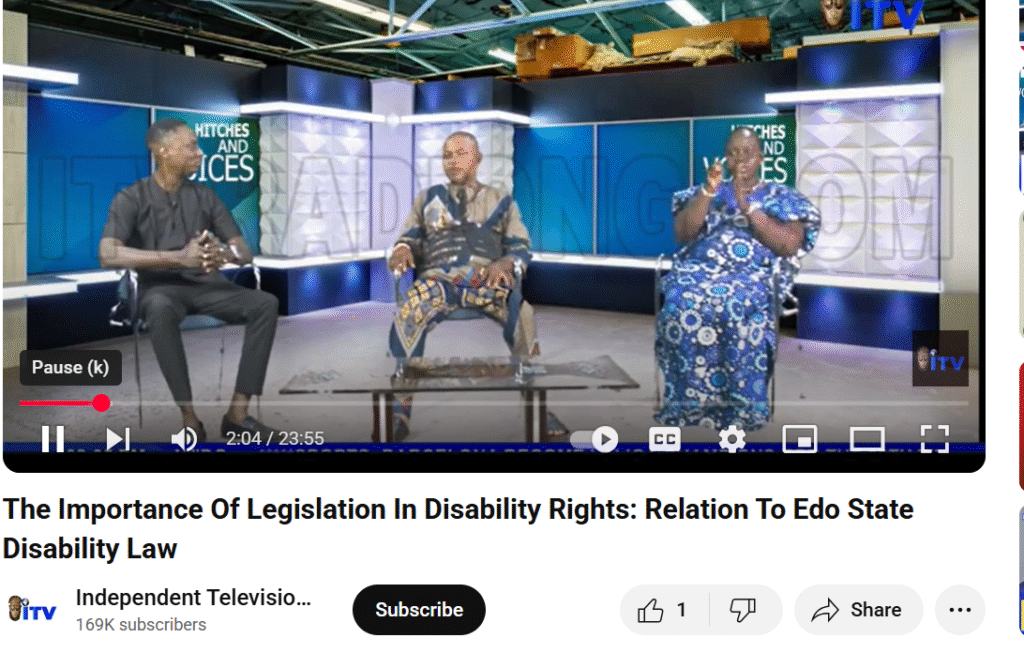
On Friday, May 16, 2025, Hitches and Voices continued its exploration of disability inclusion with a focus on the pivotal role of legislation in protecting the rights of persons with disabilities (PWDs). Central to the conversation was the Edo State Disability Law, a legal framework that signals a decisive shift in how society addresses disability—not as a matter of sympathy or optional goodwill, but as a matter of justice, equality, and enforceable rights.
The guest for this edition, Dr. Comrade Bartholomew, President of CONGOs, unpacked the law’s origins and implications. He began by tracing its roots to the 2018 national disability legislation, which for the first time provided a unified structure for advancing disability rights across Nigeria. But while the national law set the foundation, domestication at the state level was necessary for practical impact. According to Dr. Bartholomew, this process in Edo State was the product of relentless advocacy and collective action. Civil servants, artisans, traditional rulers, and religious leaders all recognized the urgent need for inclusion and joined forces to push for adoption. Their efforts culminated in the signing of the law at the state level—a milestone that marked a new chapter for disability rights in Edo.
With the law now in effect under the current administration, inclusion is no longer optional. It is a guaranteed right, enforceable and measurable. For PWDs, this means that their eligibility for opportunities is assessed based on their qualifications, competence, and skills, rather than their disability status. Public institutions and private organizations alike are expected to align with the law, ensuring that discriminatory practices become a thing of the past.
Dr. Bartholomew pointed to visible changes already underway. Across the state, public buildings are being remodeled to reflect accessibility standards: ramps are replacing stair-only entrances, doorways are being widened to accommodate mobility aids, and tactile pathways are being introduced for the visually impaired. In some institutions, sign language interpretation and assistive technologies are being integrated to break down communication barriers. These adjustments, while seemingly technical, represent powerful shifts—they embody the law’s message that access and opportunity belong to everyone.
However, the significance of the Edo State Disability Law goes beyond infrastructure. At its heart, it is about dignity and humanity. As Dr. Bartholomew explained, legislation provides the protective framework within which PWDs can live, work, and contribute without fear of exclusion. It affirms that they are citizens with equal rights, not subjects of charity. By outlawing discrimination, the law gives PWDs the confidence to participate fully in education, employment, governance, and community life.
While celebrating these achievements, Dr. Bartholomew also sounded a note of caution: laws are only as effective as their implementation. Signing the law was a victory, but sustained progress depends on enforcement and monitoring. He stressed that government institutions must uphold their responsibilities, ensuring compliance in both public and private spaces. Civil society must remain active in holding stakeholders accountable, while PWDs themselves must continue to raise their voices to demand the rights promised to them.
Equally important is the role of society at large. As Dr. Bartholomew emphasized, legislation alone cannot dismantle deeply ingrained prejudices. Cultural attitudes, religious teachings, and community practices must evolve alongside legal reforms. Employers, teachers, policymakers, and even families all share responsibility for shifting perspectives—moving away from pity and stereotypes, and towards respect and inclusion.
He concluded with a reminder that the law is not just about compliance or avoiding penalties. At its core, it is about unlocking human potential. When PWDs are empowered to contribute their talents without barriers, society as a whole benefits. Inclusion fosters diversity of thought, creativity, resilience, and stronger communities.
In summary, the Edo State Disability Law is more than a legislative achievement; it is a statement of principle. It declares that every individual, regardless of disability, has equal worth and must be given the opportunity to thrive. For Edo State, it is a step toward justice and equality. For Nigeria as a whole, it is a model of what can be achieved when advocacy, governance, and community will converge for a common good.
